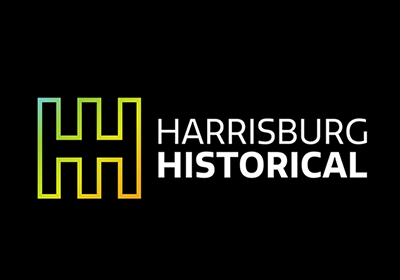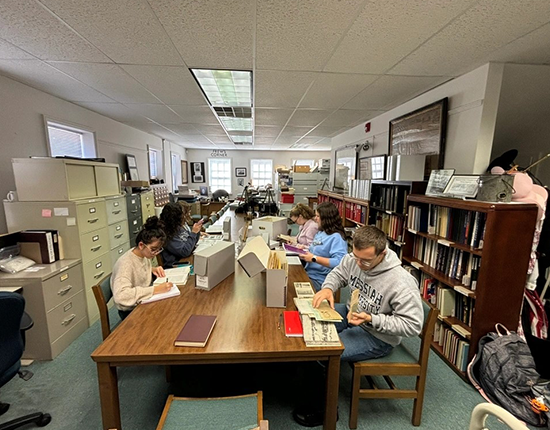Preserving the past through technology: How Harrisburg Historical is engaging the community in local history
 Harrisburg Historical is a free website and mobile app that shares the rich stories, places and people of Pennsylvania’s Capital Region. Through place-based storytelling, it features short-form narratives, walking tours, interactive maps, primary sources and high-quality multimedia content, all designed to help users navigate the diverse history of the greater Harrisburg area.
Harrisburg Historical is a free website and mobile app that shares the rich stories, places and people of Pennsylvania’s Capital Region. Through place-based storytelling, it features short-form narratives, walking tours, interactive maps, primary sources and high-quality multimedia content, all designed to help users navigate the diverse history of the greater Harrisburg area.
“At the heart of Harrisburg Historical is a collection of stories that connect significant places with the people who shaped them,” said Dr. David Pettegrew, professor of history and archaeology at Messiah University. One major focus of the app is African American history and the region’s ongoing journey toward racial reconciliation and civil rights.
The project was born from three key influences:
- The Commonwealth Monument Project (CMP) – This initiative commemorated the 15th and 19th Amendments and honored the demolished Old Eighth Ward, a diverse Harrisburg neighborhood once home to African American, Jewish and immigrant communities.
- The Council of Independent Colleges’ initiatives – “Legacies of American Slavery: Reckoning with the Past” and “Humanities Research for the Public Good” inspired a deeper exploration of Harrisburg’s role in civil rights history.
- A Digital History course at Messiah University – Led by Pettegrew, this course trained students to use digital tools to make historical research accessible to the public.
Together, these inspirations led Pettegrew and English professor Dr. Peter Powers to secure a grant from the Council of Independent Colleges, launching the Harrisburg Historical app.
 More than 25 Messiah University students, supported by faculty mentors, contributed to researching, writing and producing stories and content. Film students also created multimedia elements, including interviews with CMP members and a video feature on Thomas Morris Chester—a prominent Harrisburg-born Civil War journalist, attorney and civil rights leader.
More than 25 Messiah University students, supported by faculty mentors, contributed to researching, writing and producing stories and content. Film students also created multimedia elements, including interviews with CMP members and a video feature on Thomas Morris Chester—a prominent Harrisburg-born Civil War journalist, attorney and civil rights leader.
One of the app’s key features is a thematic tour called “The Chester Way: Harrisburg’s Centuries-Long Quest for Civil Rights.” This tour presents 20 chronologically ordered stories and a walking route through the Capitol Complex. The stories highlight individuals who pursued justice, freedom and opportunity as expressions of faith and human dignity in the face of slavery, segregation and racism.
With the app now launched and 25 stories available, the team plans to add around 10 new stories each year. Future enhancements include audio narration, better visuals, historical maps and additional multimedia. Upcoming tours will focus on the Old Eighth Ward and the City Beautiful Movement.
The team also hopes to expand into local schools, offering the app and website as educational tools for exploring Harrisburg’s history through primary and secondary sources.
“What I’ve loved most is how the project has fostered collaboration—bringing together students, faculty, staff and community historians to preserve and celebrate local history,” said Pettegrew. “Harrisburg Historical is one of the best outcomes of the Digital Harrisburg Initiative.”
“My favorite part is how easy it is to access Harrisburg’s history,” added student managing editor JT Crocenzi. Former editor, Alex Shehigian (’25), reflected, “Watching the collection grow into an hour-long experience guiding users through the Civil Rights Movement in Harrisburg showed me what collaborative history can accomplish.”
To get involved—whether by proposing stories, researching, writing, reviewing or offering financial support—email digitalharrisburg@messiah.edu.
Explore the site at harrisburghistorical.org.